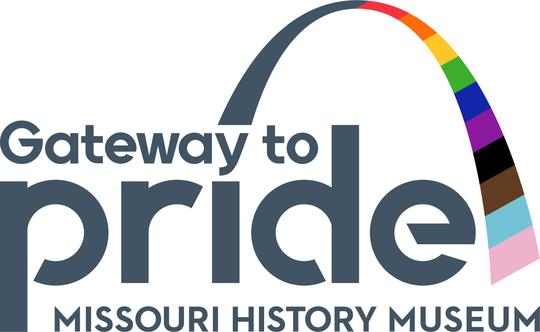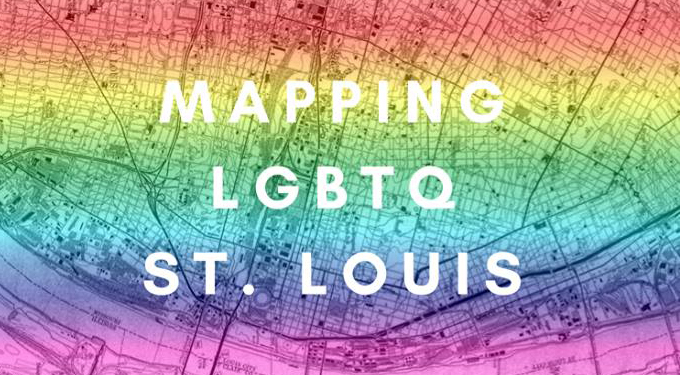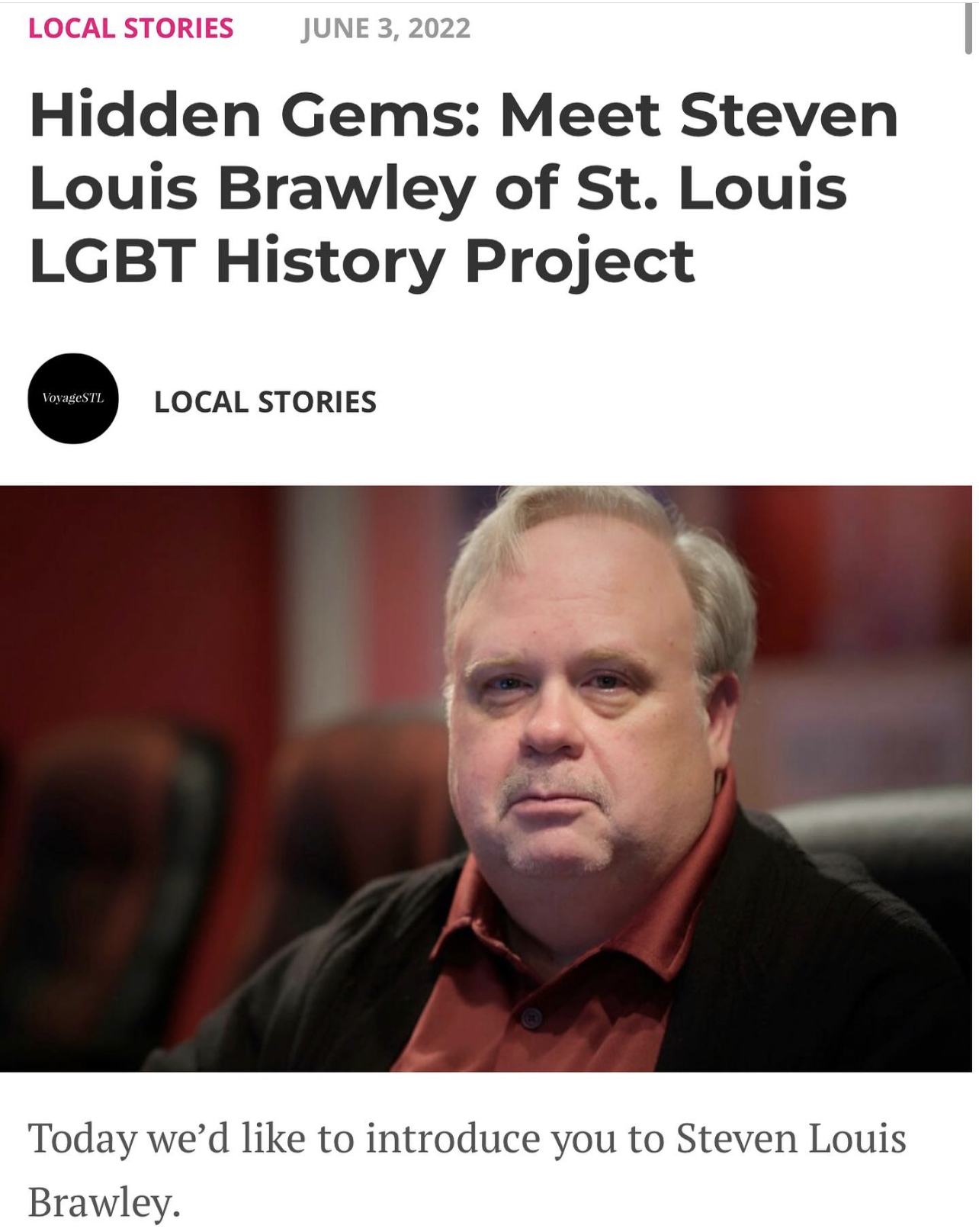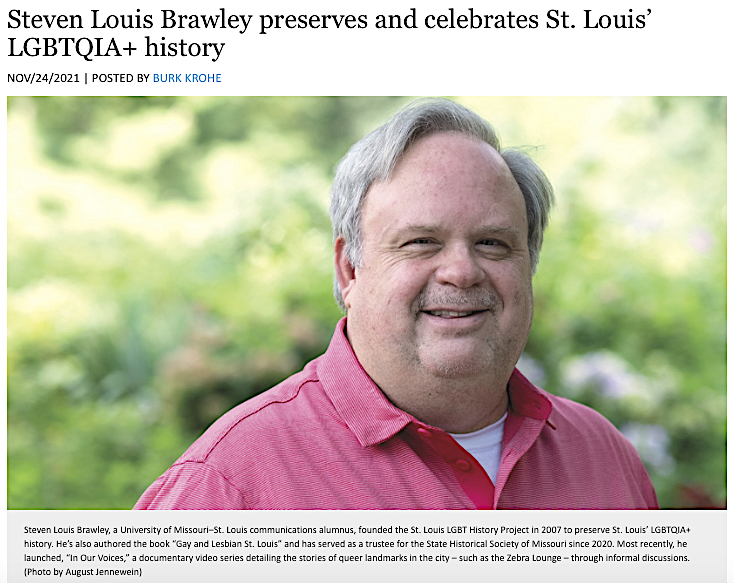2021 History Month Events
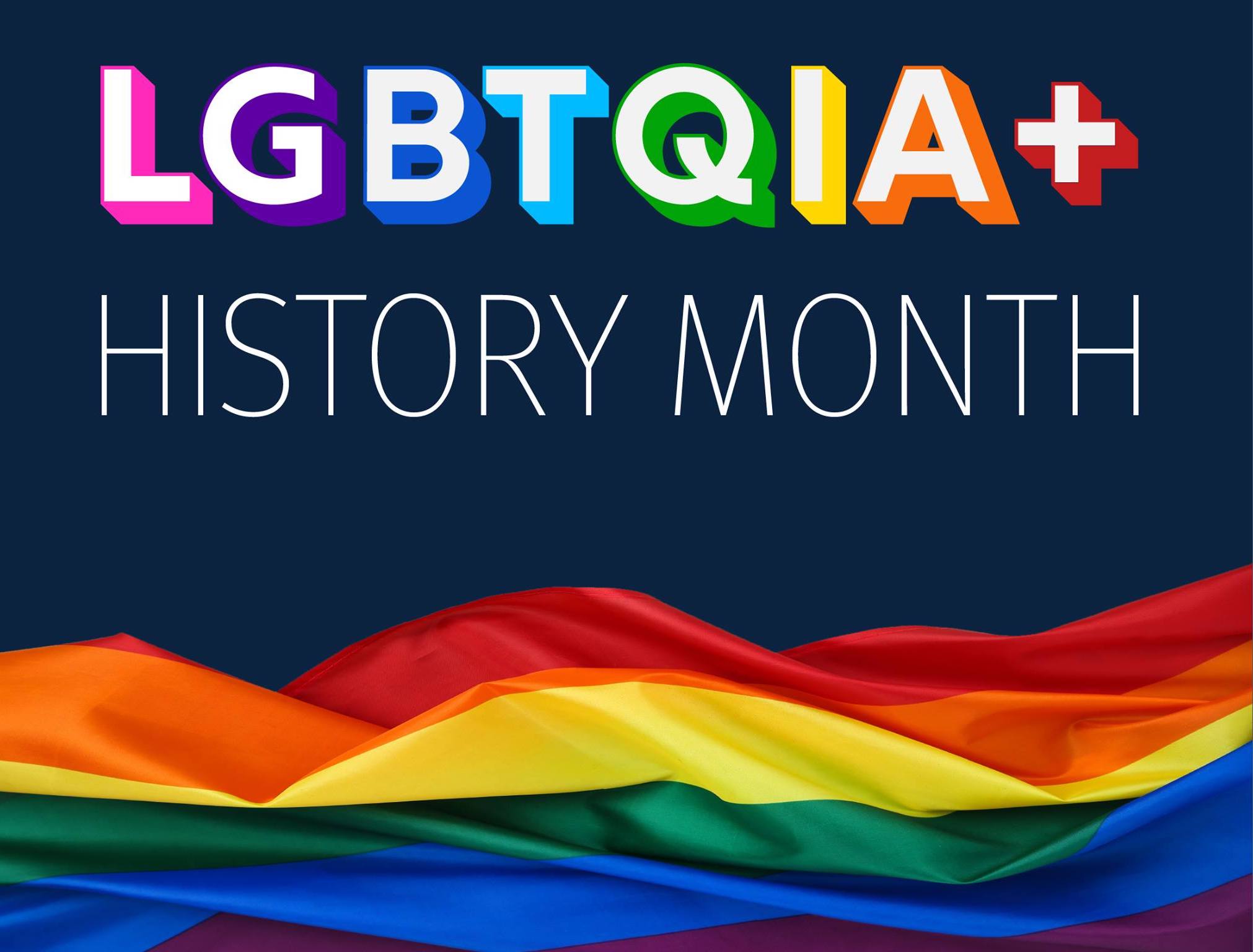
October 1, 2021:The Project is pleased to be part of the following public events in recognition of LGBTQIA+ History Month. Refer to indiviudal event listings for details.
PROMO/SAGE
AARP/Story Corps
Missouri History Museum
October 21 TBA
Just John
October 25 TBA
Smithsonian/Anacostia Museum
Washington University
